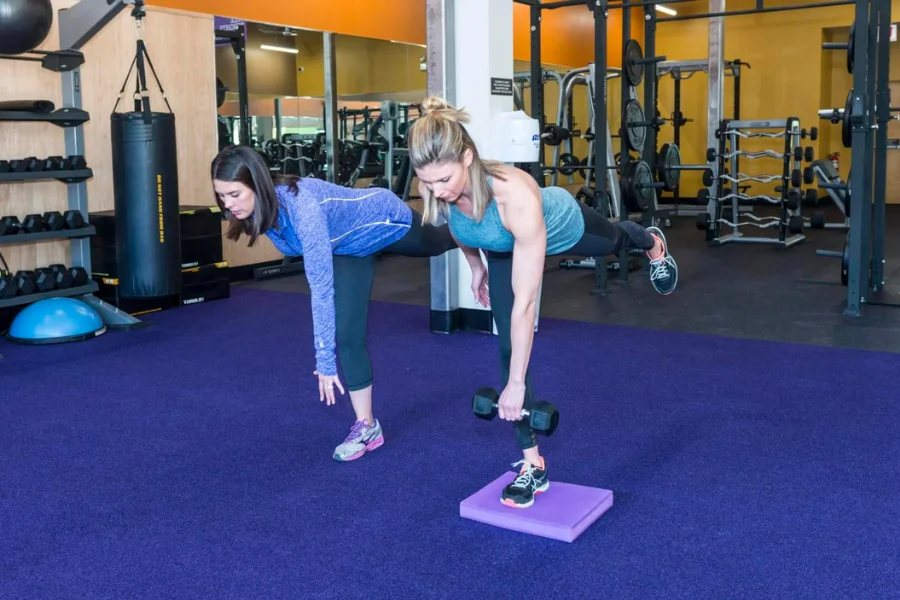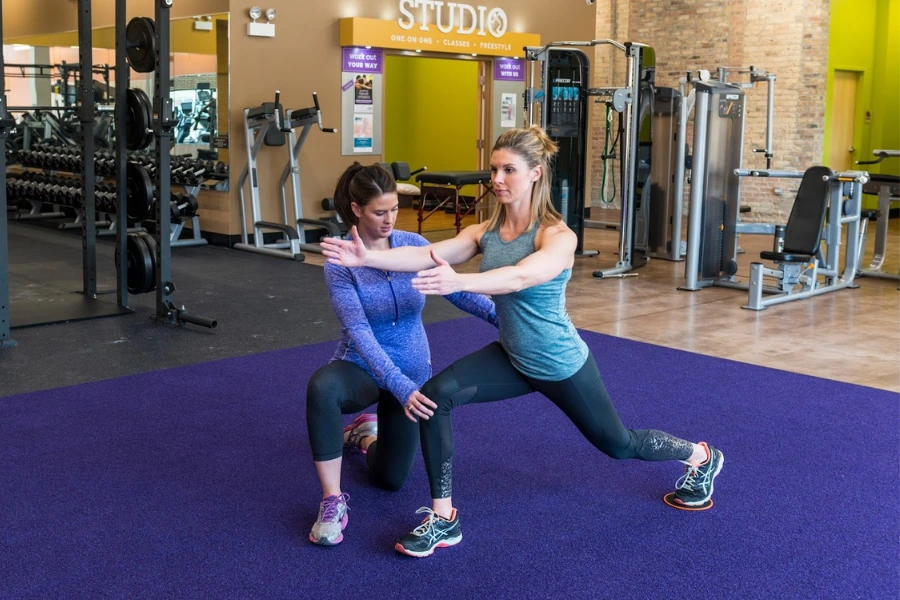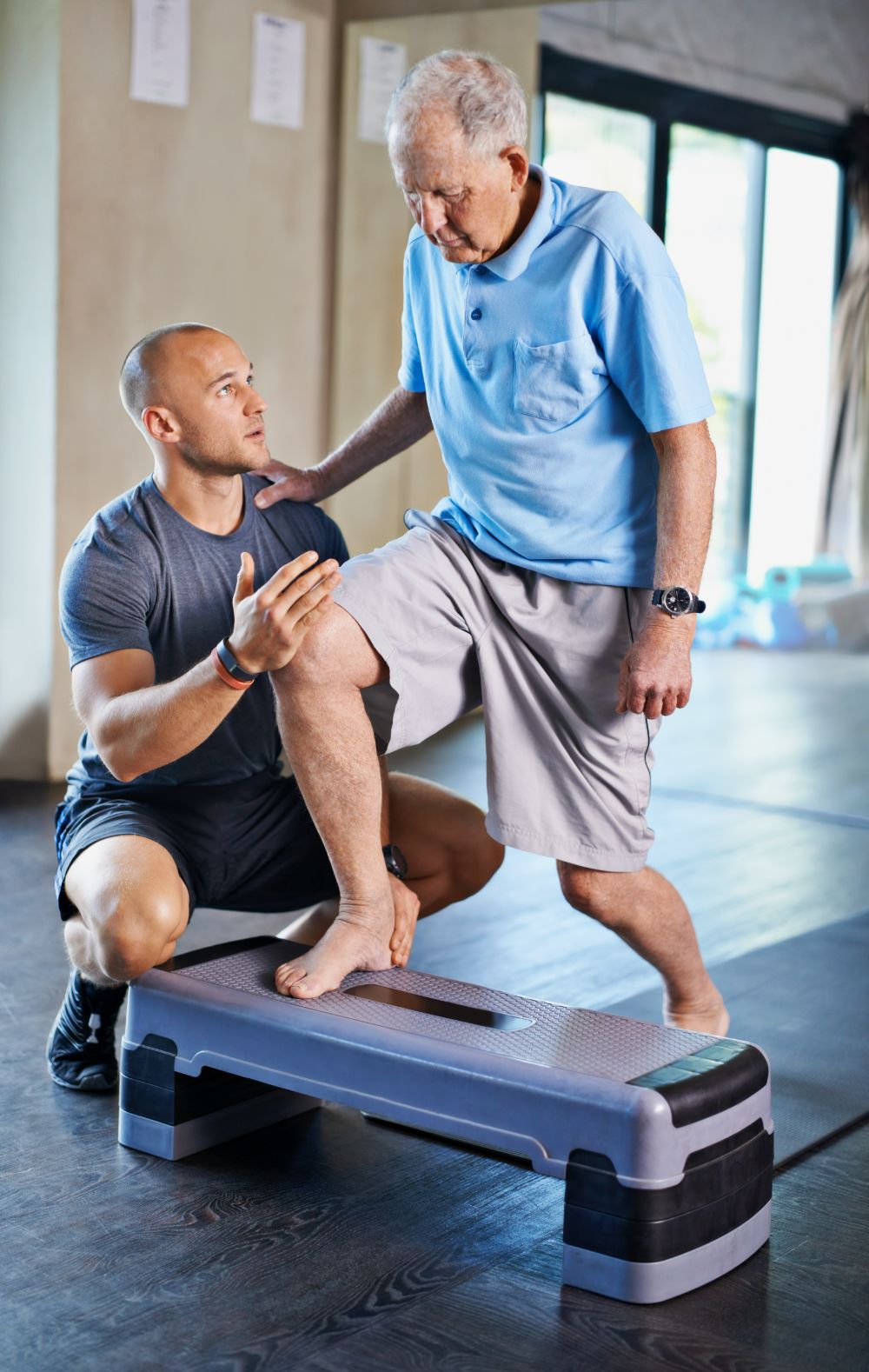Have you been dealing with unexplained falls, unsteadiness, or balance problems? Maybe knee, hip, or joint pain is making it harder to stand or walk the way you used to. Or perhaps you experience occasional dizziness or “the spins.” If any of this sounds familiar, your balance or gait issues could be affecting your daily life more than you realize.
These problems often stem from underlying musculoskeletal or neurological conditions—but the good news is physical therapy can help. At our clinic, we specialize in helping you regain stability and confidence so you can get back on your feet safely. Visit PREP Performance Center in Chicago and Niles today!


Balance and gait disorders belong to a family of functional problems that interfere with your positional awareness, ability to keep yourself upright, and normal means of walking or running.
As described by the Mayo Clinic, a balance issue can make you feel as if everything is spinning around you or that you’re in danger of falling over, even if you are safely sitting or lying down. A gait disorder is any condition that causes you to walk or run in an abnormal, unstable manner.
These two issues are closely connected — a balance disorder can cause gait problems, and Move Forward Physical Therapy notes that gait disorders cause up to 17 percent of falls in seniors.
Balance and gait disorders can arise from a variety of causes—inner ear issues, neurological conditions, muscle weakness, or old injuries. These challenges can disrupt your daily life and limit your independence.
At PREP Performance Center, our skilled physical therapists carefully assess your unique situation to pinpoint the root causes and design personalized therapy plans. Whether you’re struggling with dizziness, unsteadiness, or abnormal walking patterns, we’re here to help you regain stability, confidence, and freedom in movement.
Balance and gait disorders can arise from a variety of causes. Many balance issues stem from problems in the vestibular system—a delicate network of fluid-filled chambers and sensory nerves in the inner ear responsible for proprioception, or your sense of body position. Neurological disorders can also impact balance. For example, benign paroxysmal positional vertigo (BPPV) occurs when calcium debris in the inner ear causes dizziness and imbalance. Conditions such as stroke, Parkinson’s disease, or brain injury can disrupt your ability to maintain balance. Even if your brain and nervous system are functioning properly, muscle weakness, injury, or disease can make it difficult for your legs and feet to keep you steady.
Similar to balance disorders, gait disorders can be caused by neurological or neuromuscular conditions that impair nerve or muscle function, leading to abnormal walking patterns. However, gait problems can also result from musculoskeletal issues like abnormal foot arches, overuse injuries such as plantar fasciitis, or uneven muscle support favoring one side of the body. An old injury that never healed properly—creating internal scar tissue—may limit the range of motion in your foot, knee, or hip, also affecting your gait.


Physical therapy offers effective solutions for many balance and gait disorders. The first step is a thorough evaluation, where our physical therapist assesses your stance, gait, balance, medical history, and any symptoms like dizziness or discomfort. Once we identify the root cause, we develop a customized therapy plan that may include:
Gait Retraining Exercises: These help correct abnormal walking patterns, improve coordination, and enhance your ability to move safely and efficiently.
Vestibular Rehabilitation Training: Specialized exercises designed to address dizziness and balance issues caused by inner ear or vestibular system problems.
Strengthening Exercises: Targeted workouts to build muscle strength, especially in the legs, hips, and core, which support better balance and stability.
Stretches: Flexibility routines to relieve muscle tightness and improve your range of motion, reducing stiffness and preventing injury.
PREP Performance Center
Niles Clinic Hours
Quick Links